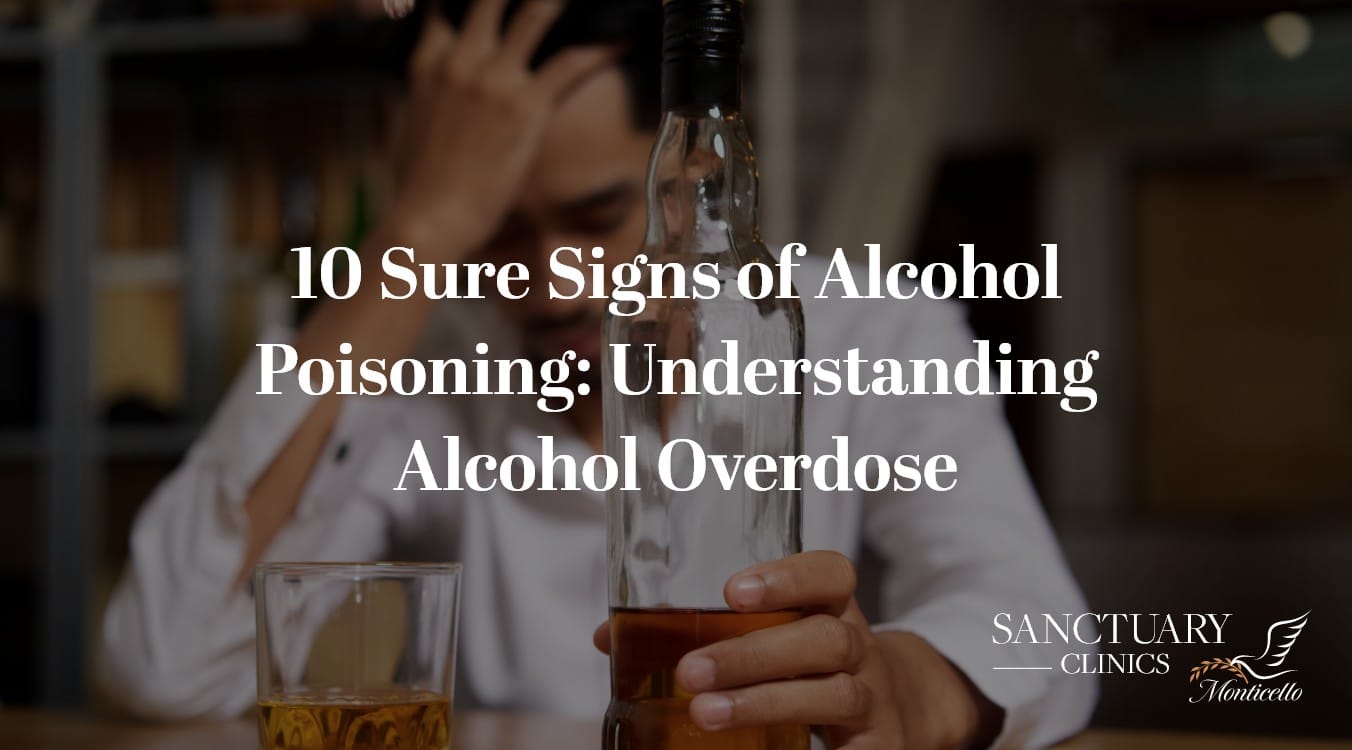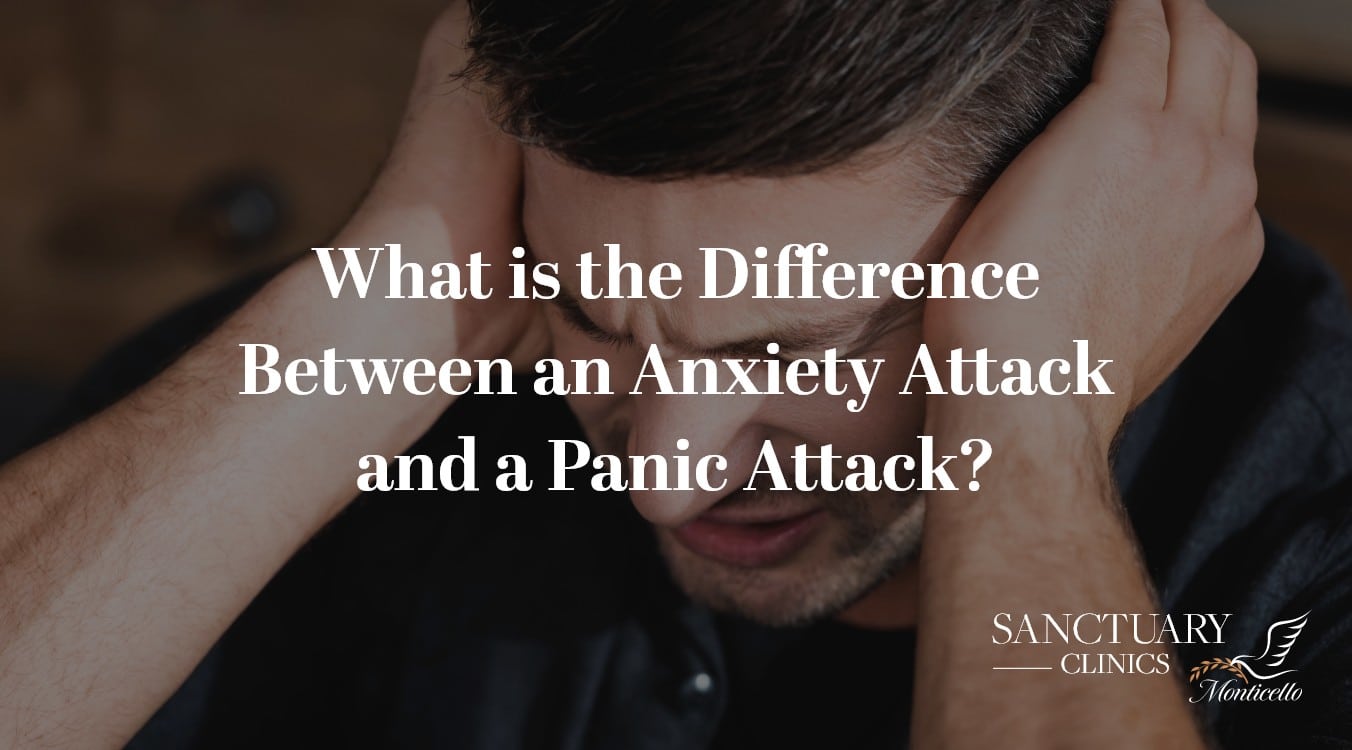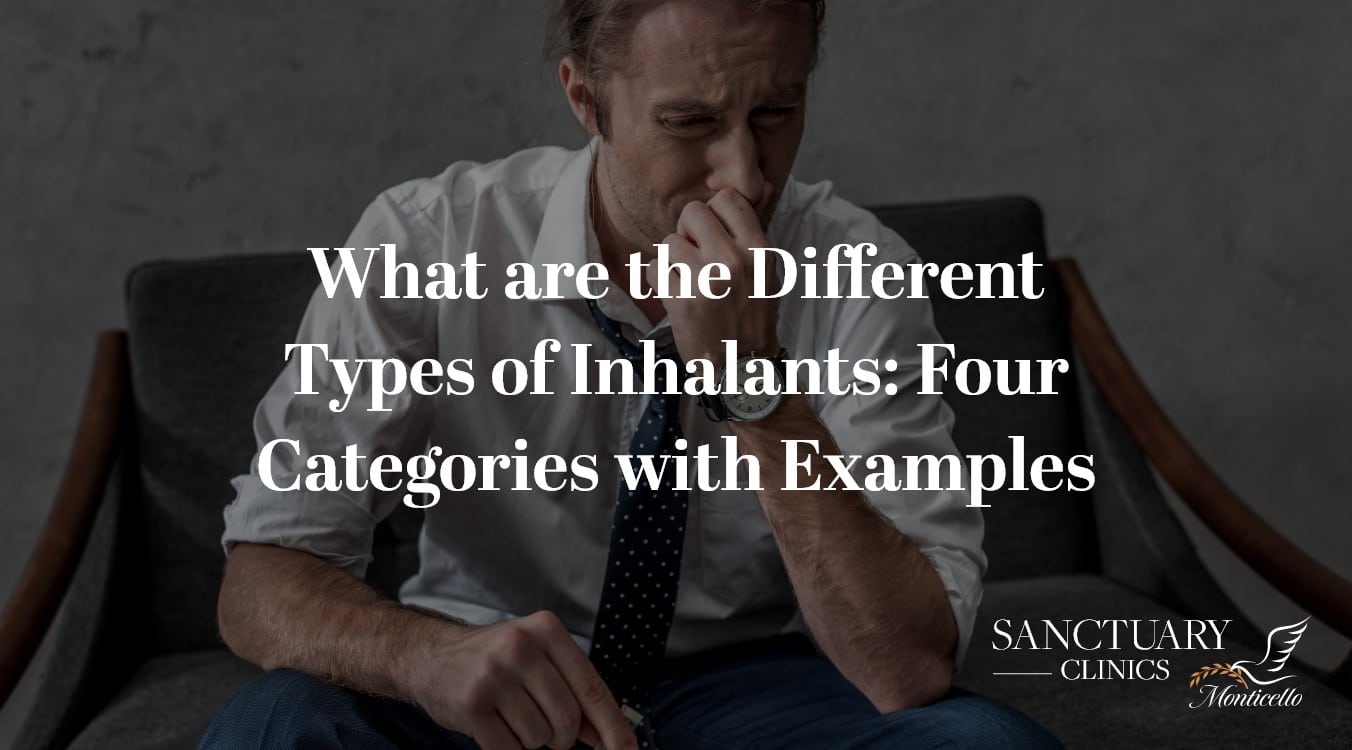The sure signs of alcohol poisoning are a severe loss of coordination; vomiting; falling unconscious; confusion or disorientation; cardiac arrest; slow or irregular breathing (less than eight breaths per minute); extremely low body temperature; pale, bluish, or clammy skin, lips, or fingernails; loss of gag reflex; and seizures or convulsions.
How much is too much?
How do you know when you’ve had too much? The level at which alcohol consumption becomes dangerous varies from person to person. Variants include age, how much food you’ve consumed, gender, ethnicity, drinking tolerance level, health, body size and weight, pre-existing conditions, the rate and amount of alcohol consumption, the percentage of alcohol in your drinks, and whether you are mixing alcohol with other drugs.
The Centers for Disease Control and Prevention (CDC) defines binge drinking as having a blood alcohol content (BAC) of 0.08% or higher. Typically, binge drinking is considered five or more drinks for men, and four or more drinks for women within a two-hour period. A drink is defined as 12 ounces of 5% beer, five ounces of 12% wine, eight to nine ounces of 7% malt liquor, or 1.5 ounces of 40% (80 proof) spirits. Mixed drinks contain more than one serving of alcohol.
Although it differs from person to person, for the most part if your BAC reaches .16% or more, you are at high risk for alcohol overdose. If your BAC reaches .40%, you are at risk of brain damage or death.
Alcohol is absorbed by your body very quickly, while food takes hours to digest. It also takes your body longer to get rid of consumed alcohol than food.
What are the risks involved in binge drinking?
Binge drinking is drinking too much alcohol in a short amount of time. Alcohol poisoning can be a consequence of binge drinking. Alcohol poisoning is when you have so much alcohol in your blood that the parts of your brain that control basic life support functions start to shut down. The effects of alcohol poisoning can range from mild to severe—even death.
In the short term, mild impairments can include slurred speech, loss of motor and impulse control, poor decision making, feeling sick, and balance issues. These symptoms increase the risk of falls, car accidents, and engaging in risky behavior. The higher your BAC rises, the higher the effects of the alcohol in your system rises.
Your BAC can continue to rise even after you’ve stopped drinking or passed out. This is because alcohol continues to circulate throughout your body. As your BAC continues to rise, automatic responses like your gag reflex stop, and you can be at risk of choking on your own vomit.
Get Help Today.
We are here to help you through every aspect of recovery.
Let us call you to learn more about our treatment options.
We are here to help you through every aspect of recovery. Let us call you to learn more about our treatment options.
Long term effects of alcohol poisoning can include:
- Cancer
- Liver disease
- Heart attack
- Stroke
- Brain damage
- Seizures
- Comas
- Death
Talking to your teen about the dangers of binge drinking
Teenagers are in one of the biggest risk groups for alcohol overdose. Teens and college-age young adults often participate in binge drinking and high quantity drinking at parties or as part of fraternity and sorority hazing.
Be very open when you communicate with your teenager about the dangers of alcohol and binge drinking. Children who have open communication with their parents are far less likely to start and/or hide drinking. Keep your adult beverages locked up. If your teen has previously been treated for alcohol poisoning, make sure you ask your provider about follow-up care.
What can I do if someone I love is showing signs of alcohol poisoning?
Know the danger signs and call 911 immediately. Do not try to treat them yourself with coffee, a shower, letting them sleep it off, etc. Stay near your loved one and keep them awake. Sit them up on the ground (not a chair). Don’t force vomiting. If they are vomiting, lean them forward to avoid choking. If they have passed out, roll them on their side with an ear toward the ground. If they stop breathing, perform rescue breathing. If you can, tell emergency providers the kind and amounts of alcohol consumed, if any other substances were consumed, if the person is on medication, and if the person has any allergies or health conditions.
If you are unsure whether you should call 911, use caution and call anyway. You can tell the dispatcher the symptoms you are seeing, and they can advise on the best course of action. If you are worried about the consequences for your loved one’s actions, don’t! The consequences can be much worse if they don’t get the help they need.
How can I avoid alcohol poisoning?
The best way to avoid alcohol poisoning is to not drink at all, or to limit your consumption of alcohol. If you do drink, sticking with CDC guidelines is a good idea. The CDC advises less than two drinks a day for men, and less than one drink a day for women. Drinking less in general is better for your health. Other ways to avoid alcohol poisoning are to drink in moderation, drink slowly, and avoid drinking on an empty stomach.
Is there treatment available?
Yes! If you have experienced alcohol poisoning, you are most likely drinking too much in general. If you have experienced alcohol poisoning one time, you may not have an addiction. But if you are experiencing withdrawal or can’t control your alcohol use regardless of the negative consequences, you may have an alcohol use disorder. This will not get better on its own, and there are emotional issues behind your drinking you need to address. Early treatment can help decrease the risks. Your treatment could involve alcohol detox, holistic treatment, observation and monitoring, medication, fluid hydration, a 12-step program, counseling, and developing coping skills.
Get Help Today.
We are here to help you through every aspect of recovery.
Let us call you to learn more about our treatment options.
We are here to help you through every aspect of recovery. Let us call you to learn more about our treatment options.









